Endings For Novels: Is The End Always In Sight?
One of the most common questions I’ve been asked over the past 12 months has been, ‘When you start writing a novel do you know how it’s going to end?’
For me, there isn’t a simple Yes or No answer because so much depends on the individual writing project. In effect, pinning down the ending is less important in some projects than others. It’s an aspect of the writing process that I, too, find fascinating.
So in this blogpost I’ll explain a little further using my own experience of writing (a) A Calculated Life and (b) my current work-in-progress, which has the working title, The Academy.
 I had no writing plan whatsoever when I started A Calculated Life! I didn’t have an ending in mind for the novel. I didn’t map out the key scenes. I didn’t have a chapter-by-chapter outline. I didn’t even realize that most writers adopted this level of planning! After all, this was my first novel. However, I did write a briefing paper, for my eyes only, about the conditions—social, economic, political—that would exist in my future fictional world.
I had no writing plan whatsoever when I started A Calculated Life! I didn’t have an ending in mind for the novel. I didn’t map out the key scenes. I didn’t have a chapter-by-chapter outline. I didn’t even realize that most writers adopted this level of planning! After all, this was my first novel. However, I did write a briefing paper, for my eyes only, about the conditions—social, economic, political—that would exist in my future fictional world.
In retrospect I can see I managed without a plan because A Calculated Life is essentially a character study with a linear plot. The story focuses on Jayna, a super-intelligent woman, who is questioning her allotted role in life; it’s almost a coming-of-age novel. In the first quarter of the book I establish, through her interactions with other people, that her personality is somewhat skewed. So it’s a slow-pace beginning and I felt it was important that each step in her awakening was fully plausible.
I enjoyed writing the novel in this unplanned manner—gradually edging forwards as though Jayna and I rehearsed each other’s sense of trepidation.
But…my approach is far more strategic with my second novel, which is now two-thirds complete! And with this project I have a much, much clearer idea of how the story will end.
The Academy (working title) is set in three different time periods—Renaissance Florence, present-day China and a future London—and it is structured so that the narrative hops, chapter-by-chapter, between these settings. So it’s complicated! More to the point, I knew I couldn’t write this novel without a plan. Before I started chapter one I wrote an outline, albeit brief, for the whole novel. I established the key scenes and decided how to draw the novel to a conclusion. In other words, I know (or I think I know) how this novel is going to end.
Some authors stick hundreds of post-it notes to the wall to help them organize and keep track of their plots and characters. But for my second novel I’ve gone digital. My plot is set out on an Excel spreadsheet with one column for each storyline. I list key events in each chapter and I pick out various themes and motifs on the spreadsheet using colour highlights!
And at the bottom of each column on the spreadsheet I have the ending for each storyline. The question is, Will these endings survive? Well, I’m sufficiently close to completing this project that I feel the answer could be…Yes.
But we shall see!!!

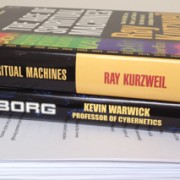
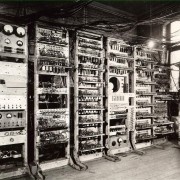
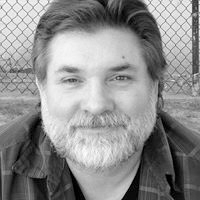
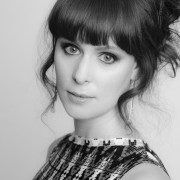



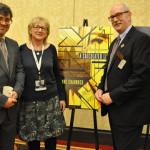

Leave a Reply
Want to join the discussion?Feel free to contribute!